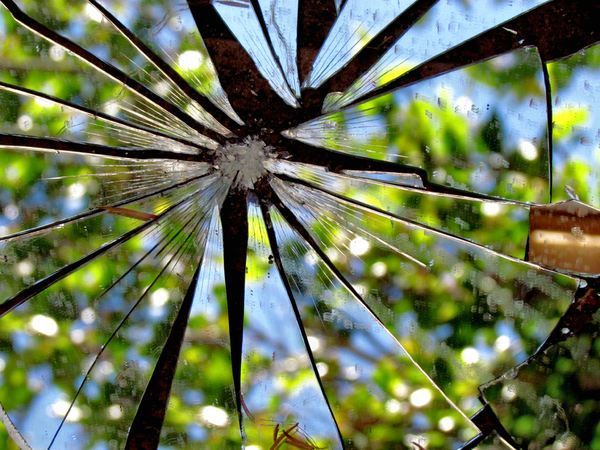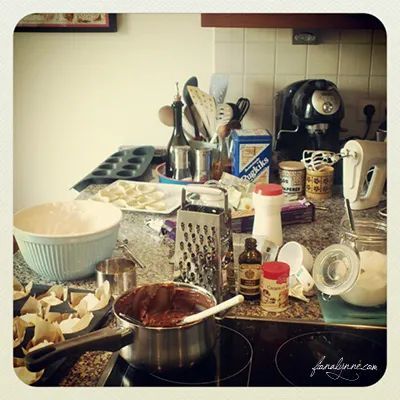The Eucharist Inside and Outside the Church.
As we reflect on the Holy Eucharist today, I wanted to share with you a part of an article by Bishop Mark Seitz, the bishop of El Paso Texas, and the Chair of the Bishops’ Committee on Migration. In part of the article he connects the immigration issue with our celebration of the Eucharist.
Bishop Seitz writes, “I’m a Christian and a priest. Every day I celebrate the Eucharist with the community in my diocese, and during that prayer we ask that our sacrifice of reconciliation might bring about…the peace and salvation of all the world. This living vein of compassion in which we find ourselves as a community is the context for that prayer. I offer the Eucharist that the Lord might bring peace and salvation to this people, my people. In my diocese, that includes those who approach and pass through seeking a better life, and oftentimes just bare life. They, too, are part of us, for we were once one of them. The many immigrants who are dying in the desert are part of my community and are also worthy of the Lord’s peace and salvation. My community also includes the more than fifty thousand persons in my diocese who do not have the benefit of documents. They, too, are just as much a part of my community. One in three of them live with a U.S.-citizen child. A campaign of mass deportation would represent a moral and deeply social crisis in my diocese, one that would tear at the heart of who we are. And as I have traveled the country in my role as chairman of the USCCB Committee on Migration, beyond just the economic and political damage, I have seen that the reverberation of such a hateful campaign would also threaten our identity as a nation.
“These are the perspectives of a Christian and a priest….
“In the social tinderbox of our country right now, there must be a credible response of faith. Our Christian faith must give us something to say to the world at this moment….Allow me to offer a framework for a short-term response….
“To state it clearly, the actions that I have described to close the border to the vulnerable, to deprive hundreds of thousands of persons of legal status, to broaden the state of exception and deny due process, and to move in the direction of mass deportations, are all morally indefensible from a Catholic perspective. These actions will divide families, divide communities, undermine the rule of law, and increase the numbers of those dying at borders” (Bishop Mark J. Seitz, DD, “The Living Vein of Compassion,” Commonweal, June 2025, p. 29).
What does all this have to do with the Eucharist? If we go back to the biblical accounts of Jesus’ earthly ministry, he was often accused of eating with the wrong people. A statement we hear many times is, “This man welcomes sinners and eats with them.” And it wasn’t just sinners. He touched lepers, he welcomed tax collectors, he went to people outside of Israel, such as the Samaritans. He told stories that made foreigners the heroes (such as the “Good Samaritan,” who stopped to help a man beaten and left for dead, when others failed to do so).
One of the songs we have sung, especially since we brought people together into one parish, is All Are Welcome. Do you remember? “Let us build a house where love can dwell and all can safely live. A place where saints and children tell how hearts learn to forgive. Built of hopes and dreams and visions, rock of faith and vault of grace; here the love of Christ shall end divisions: All are welcome, all are welcome, all are welcome in this place.”
The Eucharist is all about what unites us, brothers and sisters of Jesus Christ, and children of the one God. The Eucharist reminds us of who we are; and it challenges us to become who we say we are.
There can’t be two sets of rules: welcome and love inside the church, then divide and hate in our society, our nation, our culture. If the celebration of the Eucharist somehow fails to nourish, challenge and change us, then it’s only a pretty ceremony, but not a life-giving Sacrament.




